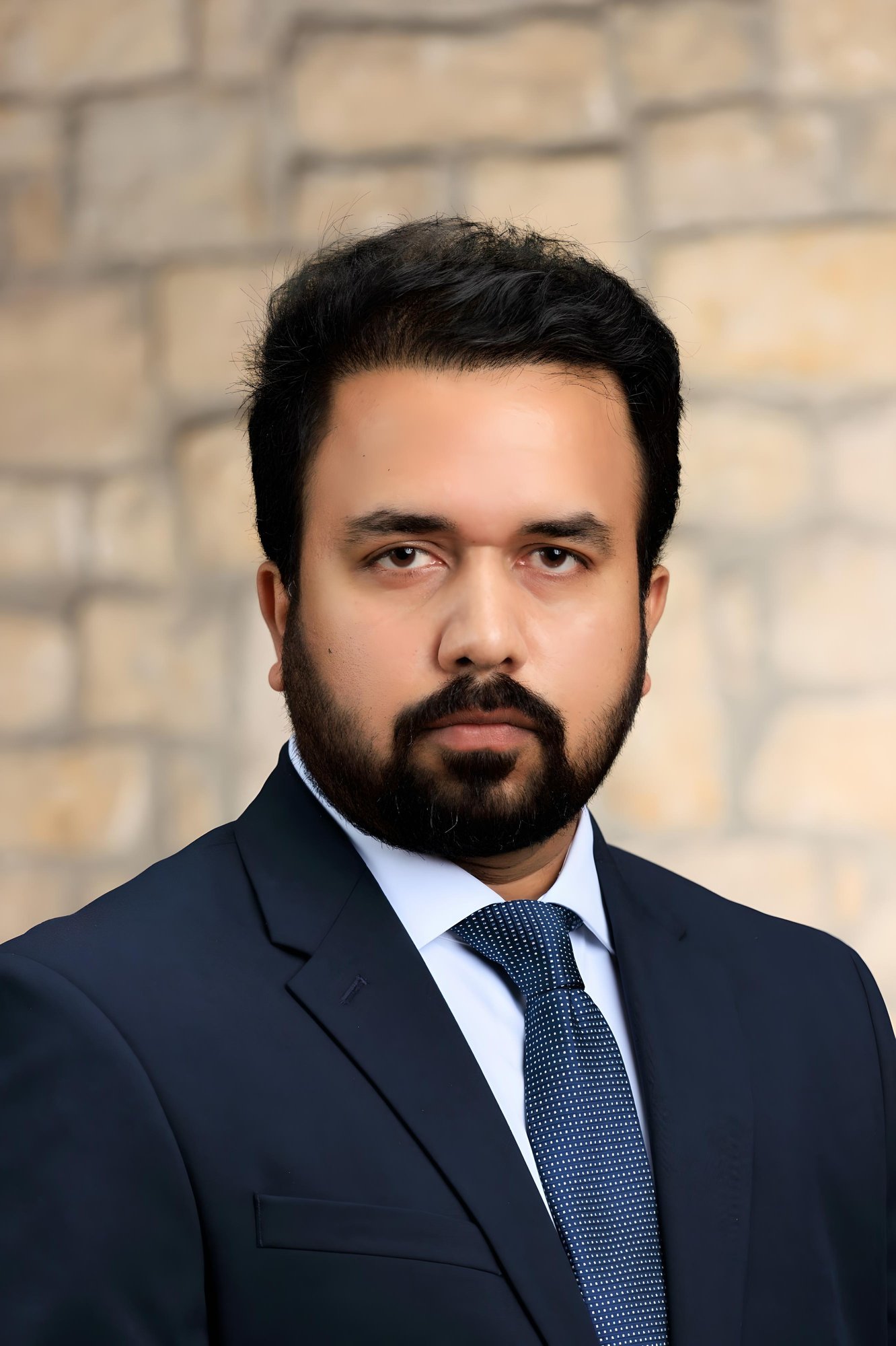Surya Yeshwanth Mandapaka - Individual Impact Award
Enabling Sustainable Project Excellence through Lean Transformation
Excellence in Lean Project Management - Individual Impact Award Winner

April 2025
Background
At a time when Tycon Infrastructures was experiencing rapid portfolio growth, the organization faced internal challenges: inconsistent delivery processes, cross-functional friction, limited transparency, and reactive decision-making. Surya Mandapaka, then Managing Director of Projects & Operations, recognized that these were not people problems — they were systemic design issues. Rather than introduce isolated fixes, Surya envisioned a lean-centered transformation that would unify project governance, build scalable capability, and instill a culture of continuous improvement.
He launched a year-long initiative to establish Tycon’s first centralized Project Management Office (PMO), with the goal of creating alignment across strategy, execution, and learning. His belief was clear: structure should enable agility, not restrict it. His focus was not just to improve operational efficiency, but to empower people with systems that would grow with them.
Activity
The initiative unfolded in four structured phases: discovery, co-design, pilot, and institutionalization. Surya began by interviewing over 30 stakeholders across engineering, finance, and procurement, mapping pain points across the project lifecycle. Insights from these conversations guided the development of a lean PMO framework, co-designed with a cross-functional task force. Rather than impose control, Surya invited operational voices to shape the tools that would govern their own work.
The resulting system introduced a five-phase lifecycle model with embedded risk reviews, change control logs, stakeholder alignment templates, and real-time dashboards. Visual Kanban boards helped engineering and procurement teams manage handoffs. A RAID (Risks, Assumptions, Issues, Dependencies) log was introduced to drive weekly risk anticipation. These tools, though simple, created shared clarity and rhythm across project teams.
The PMO was piloted across four projects, where Surya served as coach and enabler. Adoption was driven by outcomes: improved coordination, reduced rework, and better milestone predictability. Finance teams aligned invoice cycles to delivery gates, vendors engaged with clearer expectations, and engineering leads gained greater control over change requests.
Institutionalization followed with a formal onboarding toolkit, mentorship tracks for junior engineers, and retrospectives that invited process iteration. Surya ensured the PMO remained lightweight, flexible, and adaptable. It became not just a structure, but a mindset — embedded in how projects were initiated, executed, and reviewed.
The Impact
The transformation delivered measurable results. On-time delivery improved from 58 to 87 percent. Billing variance dropped by 70 percent. Procurement lead-time variability reduced from 17 to 4 percent. Resolution time for project issues shortened by more than 60 percent, while material wastage decreased by 12 percent due to better cross-team visibility.
These metrics, however, only tell part of the story. The PMO enabled deeper cultural change. Teams began proactively surfacing risks, participating in structured retrospectives, and aligning across functions using common language and frameworks. Engineers who had never been exposed to governance tools were now leading stakeholder reviews and mentoring others. Weekly RAID reviews became the norm, and escalation evolved from an emergency measure to a disciplined communication tool.
Perhaps the strongest indicator of success was the PMO’s continuity beyond Surya’s departure in 2023. The systems, cadences, and cultural norms he introduced remained in use — maintained by the very people who had once operated without any of them. Tycon’s leadership team integrated PMO dashboards into monthly strategic reviews, and client stakeholders adopted Tycon’s reporting formats to strengthen their own internal workflows.
The PMO became more than a function. It became an enabler of ethical, transparent, and high-performing project delivery. It aligned people around purpose, built systems that could scale without silos, and helped Tycon execute with confidence.



